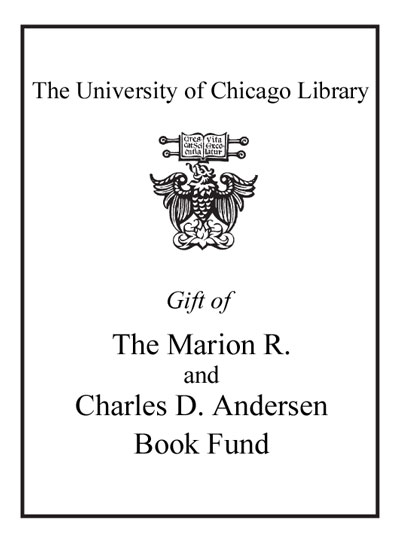Men of color in higher education : new foundations for developing models for success /
Saved in:
| Imprint: | Sterling, Virginia : Stylus Publishing, LLC, [2014] |
|---|---|
| Description: | xviii, 159 pages : illustrations ; 24 cm |
| Language: | English |
| Subject: | |
| Format: | Print Book |
| URL for this record: | http://pi.lib.uchicago.edu/1001/cat/bib/10043133 |
| Summary: | Given the continued plight of men of color in college after a decade of ineffective interventions focused more on "fixing the student" than on addressing the social, structural and institutional forces that undermine his academic achievement, this book is intended as a catalyst to change the direction of the dialogue, by providing a new theoretical framework and strength-based models for developing strategies for success.<br> <br> This book brings together five of today's leading scholars concerned with the condition of males of color in higher education - LeManuel Bitsóí, Edmund T. Gordon, Shaun Harper, Victor Sáenz and Robert Teranishi, who collaborated closely through of a series of conversations convened by the College Board to diagnose the common factors impeding the success of under-represented males and to identify the particular barriers and cultural issues pertaining to the racial and ethnic groups they examine.<br> <br> This cohesive volume starts with the recognition that understanding males' disengagement from the classroom requires determining what it means to be a male in a non-dominant group in today's society. The authors use the methods of feminist theory to uncover the impact of dominant paradigms of White, middle-class, heteronormative masculinity on men of color in general, to define what comprises masculinity for various groups, subgroups and individuals, and to lay bare the social and institutional forces that perpetuate constructions of masculinity that negatively impact men of color.<br> <br> They demonstrate that researchers and practitioners alike must pay more careful attention to within-group diversity as they study college men of color and create initiatives that respond to their varied needs. They establish the need for men of color campus initiatives to be mindful of the masculinities with which students enter college, as well as how they develop, negotiate and perform their gender identities on campus; the vital importance, in developing programs and interventions, of addressing the sociological undercurrents of men's bad behaviors and poor help-seeking tendencies; and for providing opportunities for men to engage in critical individual and collective reflection on how they have been socialized to think of themselves as men.<br> <br> This book advances the critical priorities of increasing enrollments and completion rates among college men of color, and of graduating well-developed men with strong, conflict-free gender identities.<br> <br> For practitioners who work with these populations, it offers insights and signposts to create successful programs; for researchers it offers a set of new directions for analysis; and for policymakers, new ways of thinking about how policy and funding mechanisms ought to be reconsidered to be more effective in responding this issue. |
|---|---|
| Physical Description: | xviii, 159 pages : illustrations ; 24 cm |
| Bibliography: | Includes bibliographical references (pages 138-143) and index. |
| ISBN: | 9781620361597 1620361590 9781620361603 1620361604 9781620361610 9781620361627 |

